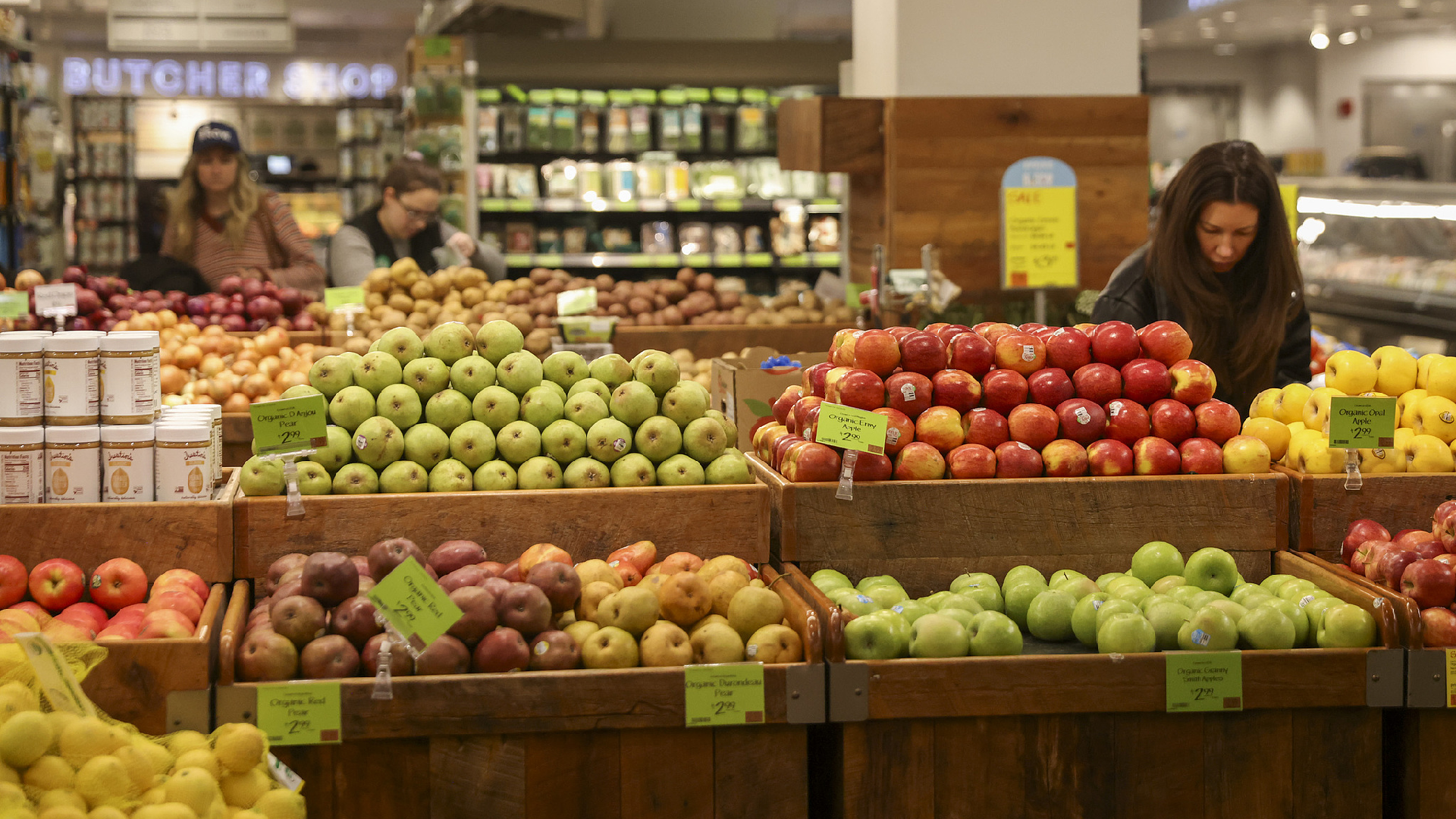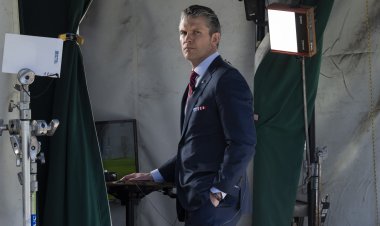U.S. Prepares for Economic Hardship as Tariffs Take Effect
New research released on Saturday indicates that broad U.S. tariffs are causing a significant economic slowdown, affecting both businesses and households as they experience rising prices and decreasing confidence.

Apollo Global Management, one of the world's largest investment firms, indicated in its report that the United States is experiencing a self-inflicted economic downturn due to new import tariffs, particularly on goods from China.
Originally intended to protect American industries, these tariffs are now prompting business leaders and economists to voice concerns, noting that the resulting costs are being transferred to consumers, leading companies to rein in their operations, as outlined in the report led by Apollo's chief economist, Torsten Slok.
"Executives in transportation, food service, and consumer goods are all reporting recessionary conditions and heightened consumer caution," Slok wrote in the report, referencing comments from leaders at Southwest Airlines, Chipotle, and PepsiCo, all of whom indicated they are witnessing signs of a slowdown.
Firms nationwide are quickly adapting to the shifting economic climate. Many have adjusted their earnings forecasts downward, with Apollo reporting that these revisions are the most significant since 2020. Additionally, companies are cutting their investment plans and reducing orders for new equipment in anticipation of decreased demand.
A troubling sign is the rise in inventories. Businesses hurried to import goods before tariffs were enacted, resulting in warehouses filled with unsold products. As consumer demand wanes, these inventories are accumulating. Truck sales have declined, and the Logistics Managers' Index, which monitors the shipping industry's health, has also dropped, according to Apollo.
Trade between the U.S. and China has significantly slowed, with fewer shipping containers leaving China for American ports, raising alarms about potential empty store shelves and shortages of everyday items. Apollo noted that container freight rates have decreased, signaling a downturn in shipping demand.
The firm's findings also revealed a decline in consumer confidence, which has reached record lows across all income brackets. Americans are increasingly anxious about the future, with many anticipating worsened business conditions and rising unemployment.
Some households attempted to circumvent the tariffs by making large purchases prior to price hikes, but spending has since decelerated, particularly on non-essential items like travel and dining out.
"A record-high share of consumers expect business conditions to worsen and fear rising unemployment," Slok wrote.
International tourism to the U.S. is also declining, particularly from Europe, further affecting sectors like hotels and restaurants. Las Vegas, which heavily depends on both domestic and international visitors, is already experiencing fewer tourists and lower hotel occupancy rates, according to data from Apollo.
Financial stress is rising for many families, with an increasing number of individuals making only minimum payments on their credit cards and a rise in late payments. The decline in cash purchases of homes suggests that even affluent buyers are exercising more caution.
Apollo's analysis raises alarms about the U.S. facing "stagflation," a scenario characterized by slow economic growth coupled with rising prices. Stagflation presents a challenging dilemma for policymakers, as it constrains the Federal Reserve's ability to lower interest rates to stimulate the economy without exacerbating inflation.
"The risk of a U.S. recession has risen sharply, with Apollo's leadership estimating the probability at 50 percent or higher," the report stated. The firm's economists explained that the tariffs are not merely impacting trade with China; they are also straining relations with Europe and other trading partners.
If current trends persist, Americans could soon witness empty store shelves and inflated prices for a variety of products, the report cautioned.
Aarav Patel for TROIB News
Find more stories on Business, Economy and Finance in TROIB business












